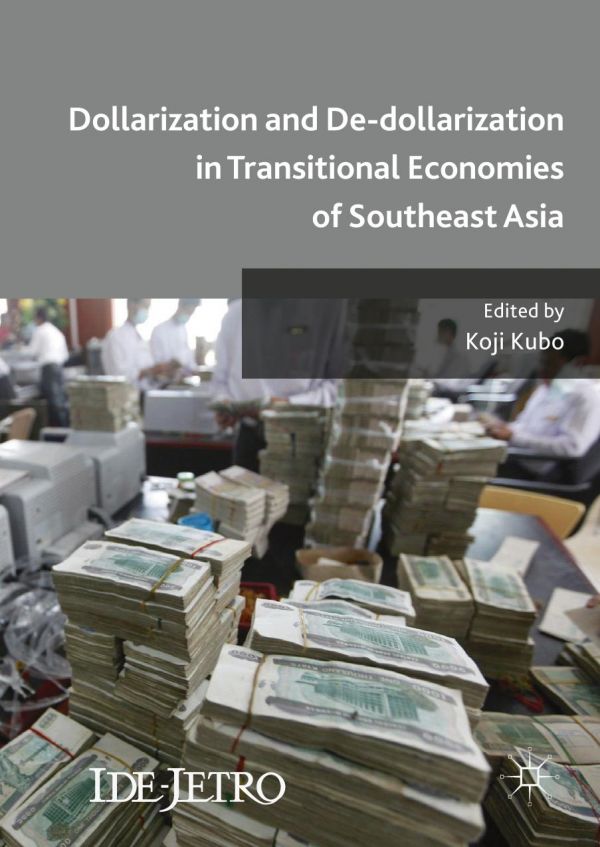

Most ebook files are in PDF format, so you can easily read them using various software such as Foxit Reader or directly on the Google Chrome browser.
Some ebook files are released by publishers in other formats such as .awz, .mobi, .epub, .fb2, etc. You may need to install specific software to read these formats on mobile/PC, such as Calibre.
Please read the tutorial at this link: https://ebookbell.com/faq
We offer FREE conversion to the popular formats you request; however, this may take some time. Therefore, right after payment, please email us, and we will try to provide the service as quickly as possible.
For some exceptional file formats or broken links (if any), please refrain from opening any disputes. Instead, email us first, and we will try to assist within a maximum of 6 hours.
EbookBell Team

4.7
96 reviewsThis book sheds light on the dollarization trends of four transitional economies in Southeast Asia: Cambodia, Lao PDR, Myanmar, and Vietnam. Moving beyond the tendency to focus on the Latin American experience of dollarization and prolonged high inflation, the chapters in this book compare how payment dollarization has been more persistent than other types of dollarization in this region due to network externalities. The book illustrates that dollarization started in the underdeveloped financial system in these countries and that dollarization interacted with financial development, which is in contrast to dollarization in Latin America. This project extends the frontiers of empirical studies on dollarization. It will be of interest to students, researchers and policy makers concerned with dollarization and economics in Southeast Asia.